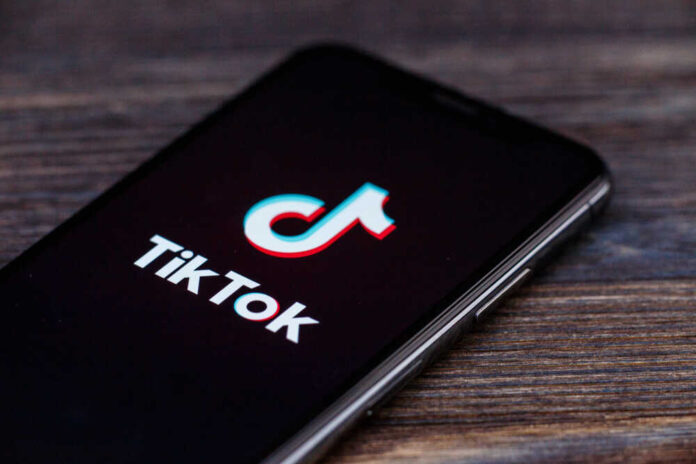The House on Wednesday overwhelmingly approved a bill that would require social media platform TikTok to divest from the Chinese-based ByteDance if it wants to continue operating in the United States, the Associated Press reported.
The bill, which faced significant pushback from Beijing, passed the House in a 352-65 vote, with 15 Republicans and 50 Democrats opposing the measure. The bill now heads to the Senate where its future is uncertain.
Under the bill, social media platforms owned by foreign adversaries would be banned in the United States if the platform is not sold to a US company.
Lawmakers and the federal government have long targeted TikTok, which is solely owned by the Chinese-based ByteDance. Officials argue that ByteDance’s links to the Chinese government make TikTok a national security threat.
In December 2022, President Biden signed legislation that banned the TikTok app from government-owned devices.
In presenting the bill, lawmakers argued that ByteDance’s ownership of the popular video app, which has over 170 users in the United States, gave Beijing access to the personal data of American users whenever it wanted.
It is unclear how the House bill will fare in the Democrat-controlled Senate.
Senate Majority Leader Chuck Schumer said he would discuss the legislation with the relevant committee chairs to determine the path forward.
However, Schumer is facing pressure, not just from Republican senators but from Democrats as well.
After Wednesday’s vote in the House, Senate Intelligence Committee Chair Mark Warner announced that he was starting the process to “get this bill passed” in the Senate so President Biden can sign it into law.
The White House has said that President Biden would sign the bill if and when it reached his desk.
China’s Foreign Ministry spokesman Wang Wenbin blasted lawmakers over the bill, accusing them of attempting to undermine investor confidence in TikTok and disrupt its operations. Wang warned that if the bill becomes law, it would “eventually backfire” on the United States.


















